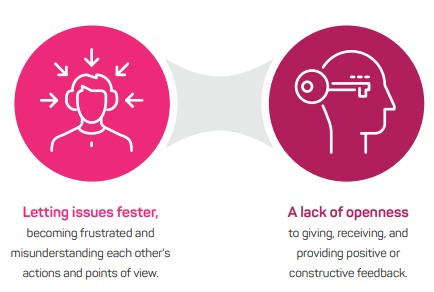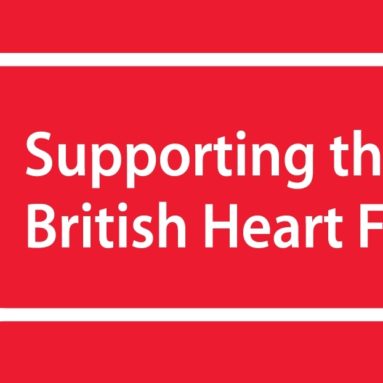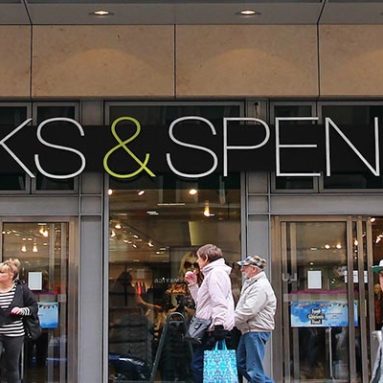

Download this case study


Read more case studies:
Team Development in the NHS
Introduction
A major London hospital, serving as a leading centre for specialist health services, worked with The TCM Group in March 2021 on a team development project. The Pharmacy department is an intrinsic part of this organisation, responsible for all medicines produced and dispensed to patients.
Distributing over 170,000 medicines annually, this team is one of the busiest departments in the entire hospital. TCM worked with the well-known hospital unit to promote collaboration, positive and proactive communication, and culture engagement within the team climate. This focused specifically on pharmacists within the department and their manager.
Targeting Issues
The team within the pharmacy department identified specific issues that were obstructing the team’s capability to work optimally together. Two underlying themes emerged:
Letting issues fester, becoming frustrated and misunderstanding each other’s actions and points of view;

Making Resolutions
A tailored team development programme was developed and delivered by Elizabeth Nuckowska, Resolution Consultant at The TCM Group. The programme pinpointed and addressed root causes of issues, working on four key elements: a Myer Briggs Type Indicator personality type profile, involving an individual online questionnaire, a follow-up workshop, and one-to-one coaching.
1. Personality type profile
The impact:
- Create greater awareness of each other’s perspectives.
- Improve communication and understanding between team members.
- Cultivate empathy and a positive sense of goodwill throughout the team.
2. Confident conversations
The impact:
- Promote the team’s capability to be proactive in addressing issues in a timely way.
- Learn how to have positive discussions and share feedback to enable continual improvement.
- Respond positively to constructive feedback.
3. Behavioural framework workshop, involving a representative group from the team
The impact:
- Define a set of behaviours that relate to values that the team members considered essential to the work of the team.
- The creation and maintenance of a positive climate.
4. A consolidation workshop
The impact:
- Review and refresh learnings from the training.
- Create a framework to revisit and reinstate focus over time.
- Define needs to be highly effective, engaged, and collaborative.
Impacting culture
The programme shifted the perspective and approach of the team, moving from reactive to proactive and negative to positive. Team members recognise commitment and enthusiasm as the main effects of the development programme: a continual commitment to the creation of a positive team climate, individual and collective roles; and an enthusiastic approach to devoting time to maintaining the new culture
The sessions provoked a realisation of the way that personality type impacts habits and thought patterns. A turning point for the team was understanding the degree to which personal habits and values impact engagement, communication, and, ultimately, performance. Another key learning was instilling the importance of inclusivity, equal opportunities, and fair treatment for all, regardless of differences.
Looking forward
Individually, team members have identified personal goals that they intend to work on into the future. The key lies in sharing these goals with other team members so that everyone can build and deliver a positive climate that works both individually and collectively.
Within teams, members plan to distribute the behavioural framework to the wider team. Regular meetings will be held to follow up, review performance and progress, and maintain the framework as a live document











